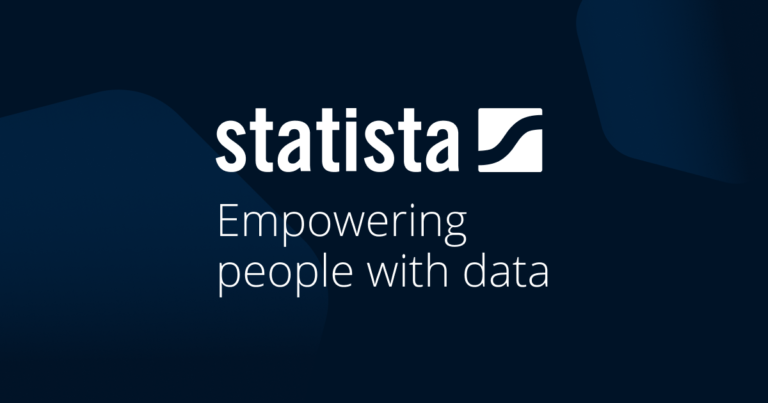Affiliate marketing has emerged as a major trend in Indonesia, completely changing the digital marketing and e-commerce landscape. This results-based marketing strategy, where affiliates promote products and earn commissions for driving sales, has gained immense popularity due to its effectiveness and cost-effectiveness. Indonesia continues to rapidly digitize and grow.
Affiliate marketing is becoming an increasingly important tool for businesses to expand their reach and increase sales.
What is the state of affiliate marketing in Indonesia?
The adoption of affiliate marketing in Indonesia is driven by the country's rising internet penetration and the proliferation of social media platforms. With over 270 million internet users and high engagement rates on platforms like Instagram, Facebook, and YouTube, Indonesia offers fertile ground for affiliate marketing. In Indonesia, affiliate marketing platforms offer businesses and affiliates an innovative way to monetize their online traffic. Many local influencers and content creators leverage their large followings to promote products and earn commissions through affiliate marketing. Businesses also benefit from this marketing model, as they can pay for real results, reducing the risk of spending money on ineffective advertising.
Moreover, affiliate marketing helps you reach a niche audience and build trust for your brand through endorsements by popular talent. Among the prominent platforms for affiliate programs in Indonesia, Shopee, one of the largest e-commerce platforms in Southeast Asia, stands out. With the Shopee Affiliate Program, Shopee leverages its large user base in Indonesia to drive sales through personal affiliate links. Other major platforms for affiliate programs in Indonesia include TikTok, Tokopedia, and Lazada.
Challenges and Prospects of Affiliate Marketing in Indonesia
Although affiliate marketing in Indonesia has seen rapid growth, it faces hurdles such as regulatory issues. To protect domestic e-commerce platforms, micro, small and medium-sized enterprises (MSMEs), and consumer data, the Indonesian government introduced stricter regulations on e-commerce transactions in late September 2023. The policy aimed to ban e-commerce activities on social media platforms and prohibit foreign vendors from operating on domestic e-commerce sites. This protectionist policy directly affected TikTok, one of the most popular affiliate program platforms in Indonesia, putting the livelihoods of millions of affiliate creators on the platform at risk. TikTok was finally able to resolve this issue after acquiring 75% of Tokopedia's shares and integrating TikTok Shop Indonesia as part of Tokopedia's operations. Another glaring issue that affiliate marketing still faces is the possibility of fraud. Cases of fraud such as buying and selling creator accounts, fake traffic, and fake conversions have increased the need for stricter monitoring and verification processes.
Still, as businesses continue to realize the value of affiliate marketing, we expect the industry to evolve. More importantly, this marketing strategy appears to be embraced by Indonesian consumers, especially those who rely on expert blogger reviews and social media recommendations as a means of discovering brands. By incorporating more personalized and targeted marketing efforts and adopting more sophisticated tools and strategies to maximize effectiveness and transaction security, affiliate marketing can further drive the growth of e-commerce in Indonesia.
This text provides general information. Statista assumes no responsibility for the completeness or accuracy of the information provided. Due to different update cycles, the statistics may show more current data than those referenced in the text.


